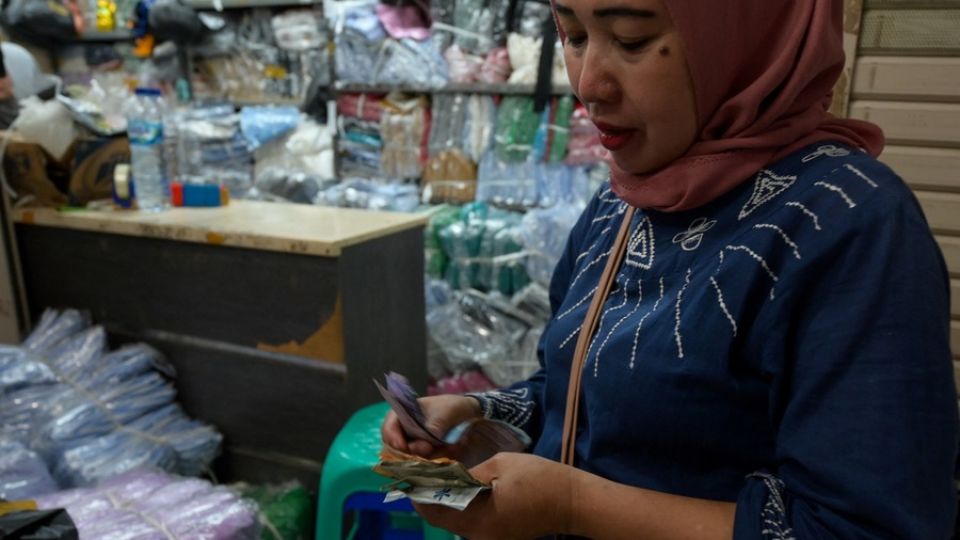May 23, 2025
JAKARTA – The government plans to lower tax rates while still increasing tax revenue, as Indonesia’s tax-to-gross domestic product ratio remains low compared to other countries.
Hashim Djojohadikusumo, a top adviser to and brother of President Prabowo Subianto, said the government is seeking ways other than increasing tax rates to shore up the country’s tax revenue.
“No, we will not increase taxes. We will increase tax revenue by bringing in more people who are currently not yet paying taxes,” Hashim said on Wednesday as quoted by Kumparan.
He asserted that the government had no intention of raising tax rates, noting that tax rates and tax revenue were fundamentally different concepts.
“We can raise the ratio to the level of Cambodia or Vietnam without having to increase tax rates,” Hashim added.
According to a World Bank report published in March, Indonesia is among the countries with the lowest tax revenue in the world with a tax-to-GDP ratio of just 9.1 percent in 2021, far below the average for middle-income countries in Southeast Asia.
That figure marks a drop of 2.1 percentage points over the preceding decade.
Among emerging Southeast Asian economies, Cambodia has a tax ratio of 18 percent, the Philippines and Thailand around 15 percent, Vietnam 14.7 percent and Malaysia 11.9 percent.
Furthermore, the government is considering lowering tax rates to the same level as Singapore, Hashim revealed, without elaborating.
“There has been discussion about lowering tax rates to Singapore’s level. There’s a plan to incentivize people by reducing tax rates,” he said.
Singapore imposes a flat tax rate of 17 percent on corporate income and graduated tax rates ranging from zero to 24 percent on personal income, depending on certain personal reliefs and deductions, according to professional services firm PwC.
Consecutive Indonesian administrations have struggled to boost tax revenue, with the World Bank report highlighting several causes, including low tax compliance, ineffective tax rates and a narrow tax base.
The Taxation Directorate General (DJP) previously reported that only 12.34 million taxpayers had submitted their tax returns by the April 1 deadline. Of these, 12 million were individual taxpayers, while the rest were corporations.
This figure fell far short of last year’s 12.7 million tax return submissions and lags behind the DJP’s target of 16.21 million taxpayers, or 81.92 percent of those required to report.
State revenue in the first quarter of this year also fell 17 percent year-on-year (yoy) as the country struggled to collect taxes amid weaker corporate earnings this year.
This was caused by an 18 percent contraction in tax revenue and a 26 percent fall in nontax revenue, which outweighed the 12.3 percent increase in revenue from customs and excise.
The drop has been partly attributed to technical problems with the introduction of the new Coretax IT system earlier this year, prompting the government to allow some taxpayers to file their taxes later.
The ministry’s senior leadership did not address the decline directly, and Finance Minister Sri Mulyani said the March figure had “shown signs of promising improvement”.
Bank Danamon economist Hosianna Evalita Situmorang wrote in an analysis on April 30 that the drop in state revenue was attributable to “weaker commodity-linked income and base effects from windfall revenues in early 2024”.
She added that the decline in tax revenue was caused by “softer corporate earnings and labor income, particularly in resource-based industries”.
Corporate income tax contributed the highest share of Indonesia’s tax revenue in 2022 at 28.8 percent, followed by value added taxes or goods and services at 28.2 percent, according to a report from the Organisation for Economic Co-operation and Development (OECD) published last year.


